New Scientist covers the latest developments in science and technology that will impact your world. New Scientist employs and commissions the best writers in their fields from all over the world. Our editorial team provide cutting-edge news, award-winning features and reports, written in concise and clear language that puts discoveries and advances in the context of everyday life today and in the future.
Elsewhere on New Scientist
Better late than never? • The James Webb Space Telescope has come at great expense, but it should be worth it
New Scientist Australian Edition
The omicron wave • The new variant seems to be highly transmissible and poised to cause a huge wave of infections worldwide, reports Michael Le Page
Cosmic rays used for Arctic GPS • Muons made by cosmic rays can be used for navigation at latitudes where GPS works poorly
Covid-19 vaccine passports for sale on the dark web
Smartphone app detects hidden camera lenses
Fake-meat boss wants farms to swap livestock for trees
Proposed anti-trolling law could be used to silence critics of the Australian government • Efforts to stop anonymous trolls are unlikely to work, but could see more people sued for defamation, says Alice Klein
Fossil footprints hint at mystery hominin with unusual walking style
New look at infant suns may solve galactic mystery
UK lags on child vaccinations • As concerns over long covid and the omicron variant grow, why has the UK been relatively slow to vaccinate young people? Clare Wilson reports
AI collaborates with mathematicians • DeepMind’s AI software has helped humans develop a new mathematical theorem
UK refuses to release document showing net-zero savings
Web of life in icy lakes faces turmoil in a warming world
Humans were relatively short for thousands of years
Dolphins invent spin-diving method to swim deeper
Armoured dinosaur had a fern-like tail
Massive black holes heading for collision
Really brief
Iron-cored planet has an 8-hour year
Rare mutation linked to lower risk of heart disease
The bird that was eagle and vulture
Digital tyranny • The way the pandemic changed cyberbullying tells us how to reduce it in the future, say Alexandra Martiniuk and Joseph Freeman
Science is being downsized • Funding cuts are undermining the whole enterprise, impoverishing attempts to discover the secrets of nature and share them, writes Chanda Prescod-Weinstein
Your letters
Ghostly fungi
Invasion of the tiny aliens • Sci-fi meets road trip in Encounter, a film that starts well, but then veers off course just when it is starting to get fun, says Gregory Wakeman
Secrets of the dead • A brilliant scientist finds a way to mine memories from beyond the grave, but it comes at a cost, finds Josh Bell
Don’t miss
The power of language • Two visions of a dystopian future examine how words can be used to get inside our heads and to command loyalty to causes that definitely don’t deserve it, finds Sally Adee
Launch of a time machine • The most powerful telescope ever made is about to blast off. It will show us the first stars and the atmospheres of alien worlds, says Colin Stuart
The James Webb Space Telescope • How it works and what it will see
Eyes in the sky • Several space telescopes slated for launch after the James Webb one promise to deliver incredible science. Here are three of the most important
The Amazon’s last chance • The Amazon could be facing irreversible collapse in just five years, with catastrophic effects for the planet, writes Graham Lawton
How to be more rational • To explain the paradox of why a smart species embraces so much...
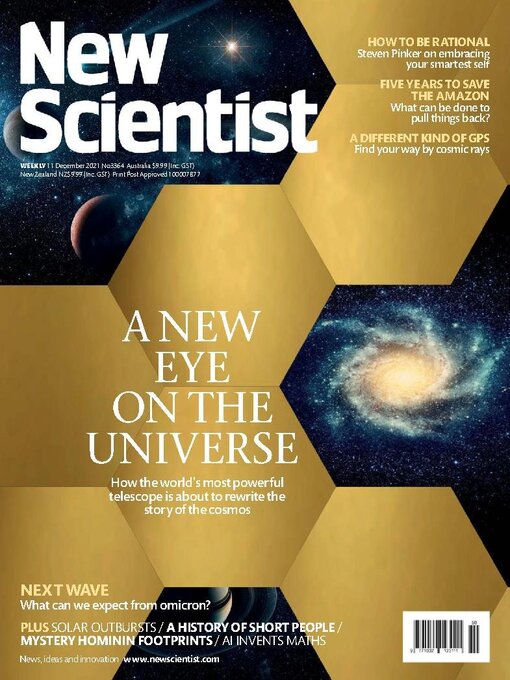
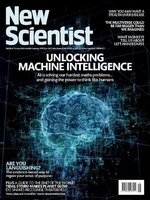 Apr 13 2024
Apr 13 2024
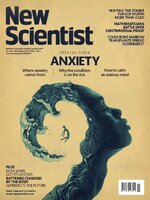 Apr 06 2024
Apr 06 2024
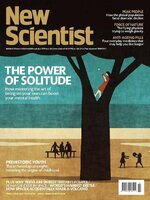 Mar 30 2024
Mar 30 2024
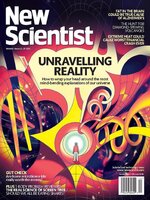 Mar 23 2024
Mar 23 2024
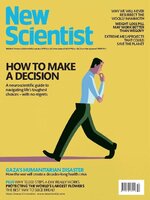 Mar 16 2024
Mar 16 2024
 Mar 09 2024
Mar 09 2024
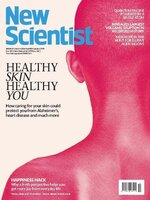 Mar 02 2024
Mar 02 2024
 Feb 24 2024
Feb 24 2024
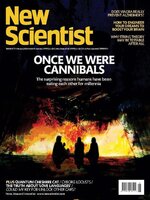 Feb 17 2024
Feb 17 2024
 10 Feburary 2024
10 Feburary 2024
 Feb 03 2024
Feb 03 2024
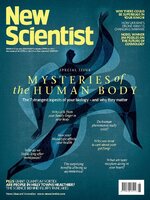 Jan 27 2024
Jan 27 2024
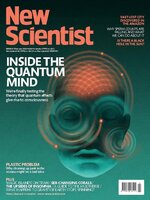 Jan 20 2024
Jan 20 2024
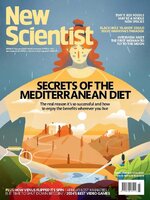 Jan 13 2024
Jan 13 2024
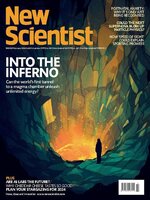 Jan 06 2024
Jan 06 2024
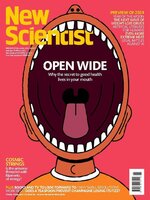 Dec 30 2023
Dec 30 2023
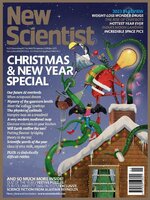 Dec 16 2023
Dec 16 2023
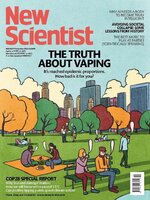 Dec 09 2023
Dec 09 2023
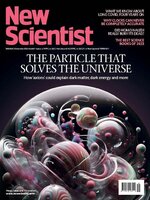 Dec 02 2023
Dec 02 2023
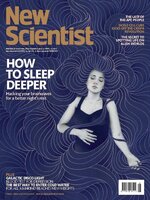 Nov 25 2023
Nov 25 2023
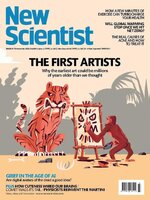 Nov 18 2023
Nov 18 2023
 Nov 11 2023
Nov 11 2023
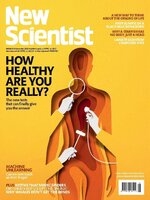 Nov 04 2023
Nov 04 2023
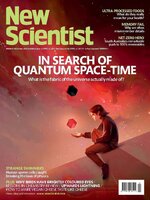 Oct 28 2023
Oct 28 2023
